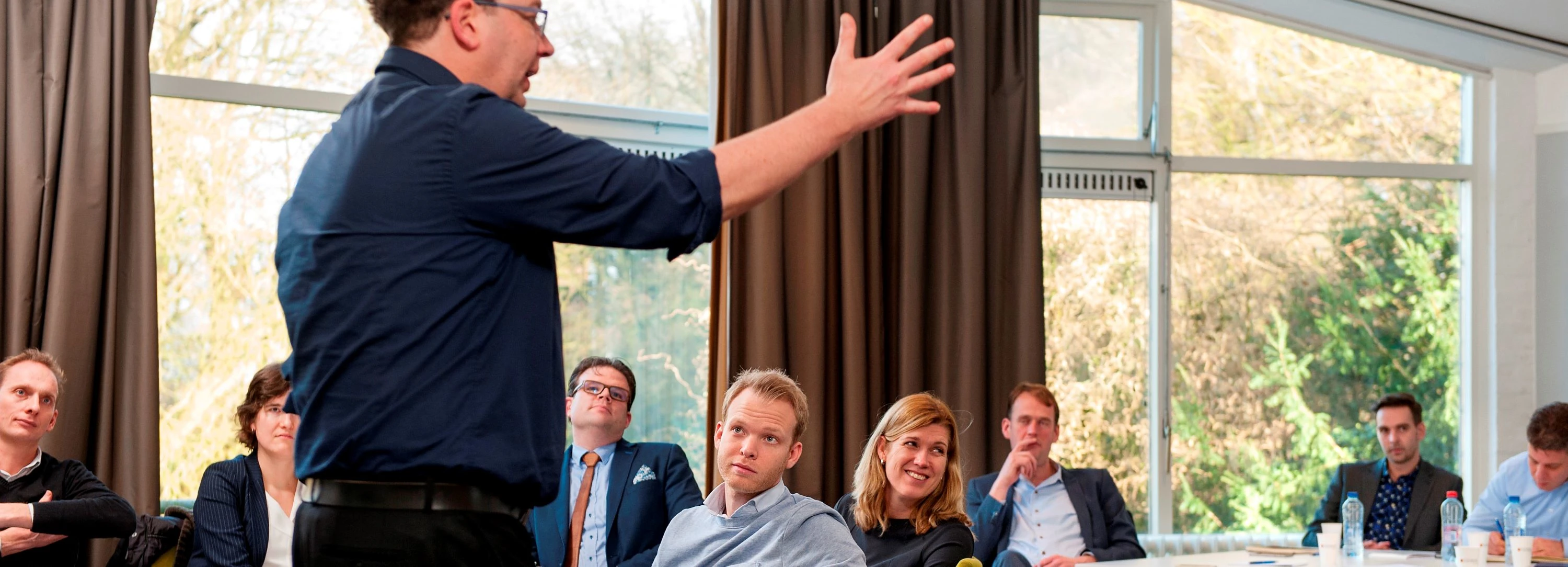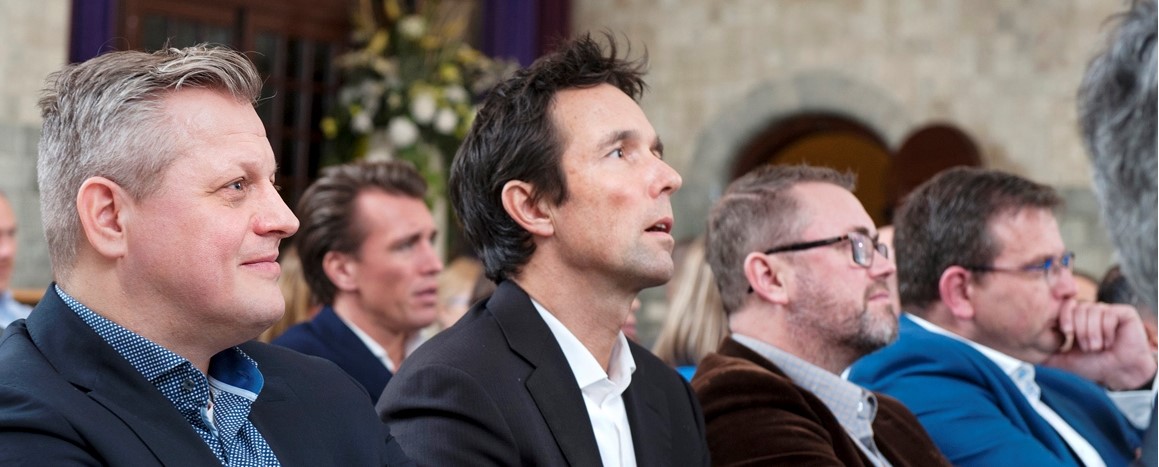“The effectiveness of the grievance procedures at National Contact Points (NCPs) of countries that endorse the OECD Guidelines could be improved.” This is a key conclusion reached in the study by Sander van ‘t Foort, who will receive his doctorate today from Nyenrode Business University. He formulated nine criteria that could increase the procedures’ effectiveness, including transparency, accessibility and legitimacy. He also examined whether these grievance procedures could lead to agreements between the parties involved. In addition, he recommends revising the OECD Guidelines and adapting them to current times. “Climate change, biodiversity improvement and Artificial Intelligence (AI) are not included in the current OECD Guidelines for Multinational Enterprises,” Van ‘t Foort says.
Countries that are members of the OECD (a partnership between 37 countries aimed at shaping social and economic policy) have adopted the organization’s Guidelines relating to corporate social responsibility. If a party (often a multinational company) does not adhere to these Guidelines, those affected can reach out (often through trade unions or NGOs) to a so-called National Contact Point (NCP) in their country. Since 1984, all countries that endorse the OECD Guidelines are required to have an NCP. An NCP handles such complaints in a so-called specific instance procedure (SIP). In his research, Van ‘t Foort examined the effectiveness of these NCP procedures. He studied the procedures in various countries.
Nine criteria
Van ‘t Foort states that the effectiveness of the SIP is determined by the extent to which parties reach an agreement. He found that despite the increase in the number of complaints submitted to NCPs worldwide, the number of agreements reached between parties is actually decreasing. Furthermore, various sources have criticized the effectiveness of the NCPs. This criticism pertains mainly to the accessibility of the procedure and the fact that it does not always result in compensation for the victims.
In his study, Van ‘t Foort formulated nine criteria that could increase effectiveness. One such criterion is accessibility. If this is improved, effectiveness increases. “Oftentimes victims have no money or resources, or there is a language barrier to carrying out the procedure. An NCP can facilitate the process in such cases. In the Netherlands, for instance, the NCP covers travel costs and translation fees for victims,” Van ‘t Foort explains. Other criteria that could increase effectiveness are: visibility, transparency, accountability, equitability, compatibility with the OECD Guidelines, impartiality, legitimacy and predictability.
Not legally binding, but effective nonetheless
There are several ways in which the SIP can help to resolve conflicts about corporate social responsibility. “Examples include creating a sense of ownership among multinationals, fostering an environment that is conducive to constructive solutions and granting legitimacy to the claimants,” Van ‘t Foort says. He researched several best practices, such as a case in which a Congolese subsidiary of Heineken had been accused of collective dismissals based on unjustified grounds. A group of 168 former employees submitted a complaint to the Dutch NCP.
Although the NCP does not issue legally binding decisions, but instead only recommendations, this procedure nevertheless resulted in compensation for the claimants. In addition, Heineken has committed to developing new policies for doing business in unstable countries and conflict zones. This case shows that the SIP can be an effective tool in helping trade unions, NGOs, citizens and companies to solve conflicts in a constructive manner. “And that's why now is the perfect time to update the OECD Guidelines,” Van ‘t Foort says.
Documents
-
Publication date 5/14/2020File size 166 KB
Tags
Related programs
-
Digitalization and Boardroom Dynamics - Modular MBA Elective
Start date: 17 March 2025Language:- English
Location:- Breukelen
The module Digitalization and Boardroom Dynamics looks at technology's effect on the board. Part of the Modular Executive MBA Business & IT.
View program
-
Risk and Finance
Start date: Start Spring 2024Language:- Dutch
Location:- Breukelen
This module is only given in Dutch. Please visit our Dutch site.
View program
